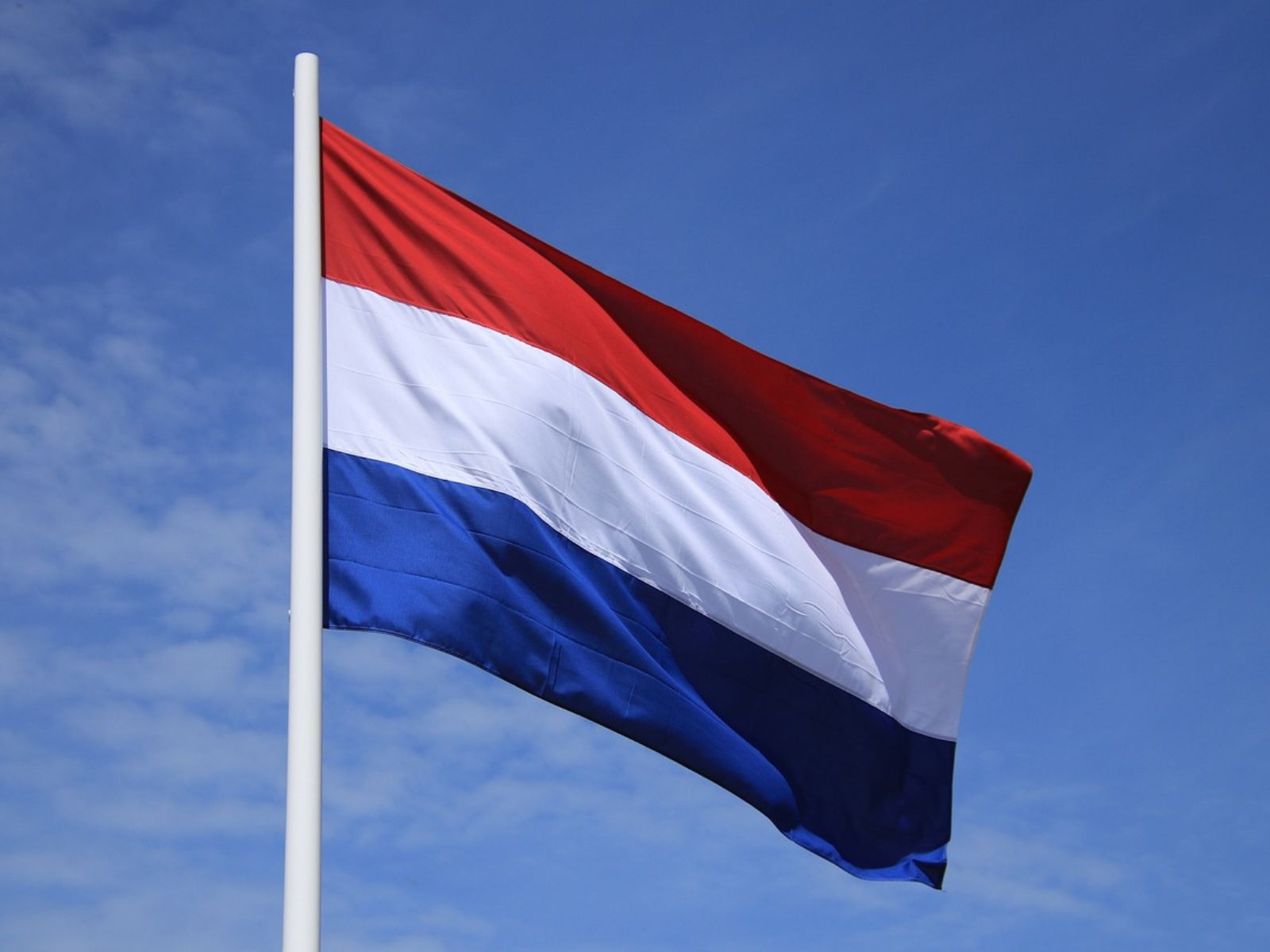For many decades the Netherlands has served as a top international cannabis tourism destination, and for a long time was the undisputed champion of cannabis tourism. Over the last decade the Netherlands has ceded a considerable amount of its cannabis tourism market share to other jurisdictions that have modernized their cannabis policies.
Coffeeshops in the Netherlands, particularly in Amsterdam, have long operated in a legal gray area and benefitted from a lack of cannabis prohibition enforcement. Cannabis is ‘tolerated’ in the Netherlands versus being outright legal for adult-use like it is in Uruguay, Canada, Malta, Luxembourg, Germany, and many parts of the United States.
It is worth noting that limited regional adult-use cannabis commerce trials are currently operating in a handful of municipalities in the Netherlands. Such trials permit a limited number of consumers, cultivators, and retailers to conduct cannabis production and purchases. The trials in the Netherlands first launched in December 2023.
Trials were approved in the Netherlands in Breda, Tilburg, Arnhem, Almere, Groningen, Heerlen, Hellevoetsluis, Maastricht, Nijmegen, and Zaanstad. A proposal to expand the cannabis trials to include the Amsterdam-Oost district was recently denied by members of the Netherlands Parliament.
A survey was recently conducted by Kieskompas and ANP in which 6,000 residents of the Netherlands were asked whether or not they “believed that the production, supply, and sale of cannabis and hashish should be legal.”
Six in ten survey participants stated that they did want to allow regulated cannabis production, supply, and sales in the Netherlands, and only eleven percent of survey participants reported that they believe the current policy “works well and nothing needs to change” according to initial reporting by the NL Times.
“In almost all provinces, a majority is in favor of legalization. That group is the largest in Groningen and Flevoland, at around 70 percent. People from Drenthe and Zeeland are the least likely to favor legalization and are also the most likely to think that weed should not be tolerated at all.” the NL Times reported.
Uruguay was the first nation to ever implement a regulated national adult-use cannabis sales system, having first legalized in 2013. Uruguay’s sales model is based on noncommercial cannabis clubs and allowing pharmacies to sell a limited variety of recreational cannabis products.
Canada was the second nation to legalize adult-use sales, and remains the country with the most robust adult-use cannabis commerce options from which consumers can source their cannabis, from storefronts to ordering cannabis via the mail.
Many states in the United States have passed and implemented adult-use cannabis legalization, including many that permit sales via storefronts and delivery services. Cannabis remains prohibited at the federal level in the United States.
Malta’s legalization model permits the launch and operation of noncommercial cannabis clubs, which aside from home cultivation, is the only legal way for adults to obtain cannabis for recreational purposes. Luxembourg prohibits all sales of recreational cannabis, and only allows home cultivation, possession, and consumption.
Switzerland has seven cannabis trials currently in operation, with an estimated 15,000 adult participants as of March 2024. Cannabis trials and noncommercial cannabis clubs will serve as the foundation of Germany’s adult-use cannabis industry in the coming years, with clubs expected to launch in July 2024.
There is currently no estimated launch date for cannabis trials in Germany, however, the European country is expected to eventually enroll exponentially more participants for cannabis trials than other European nations.

